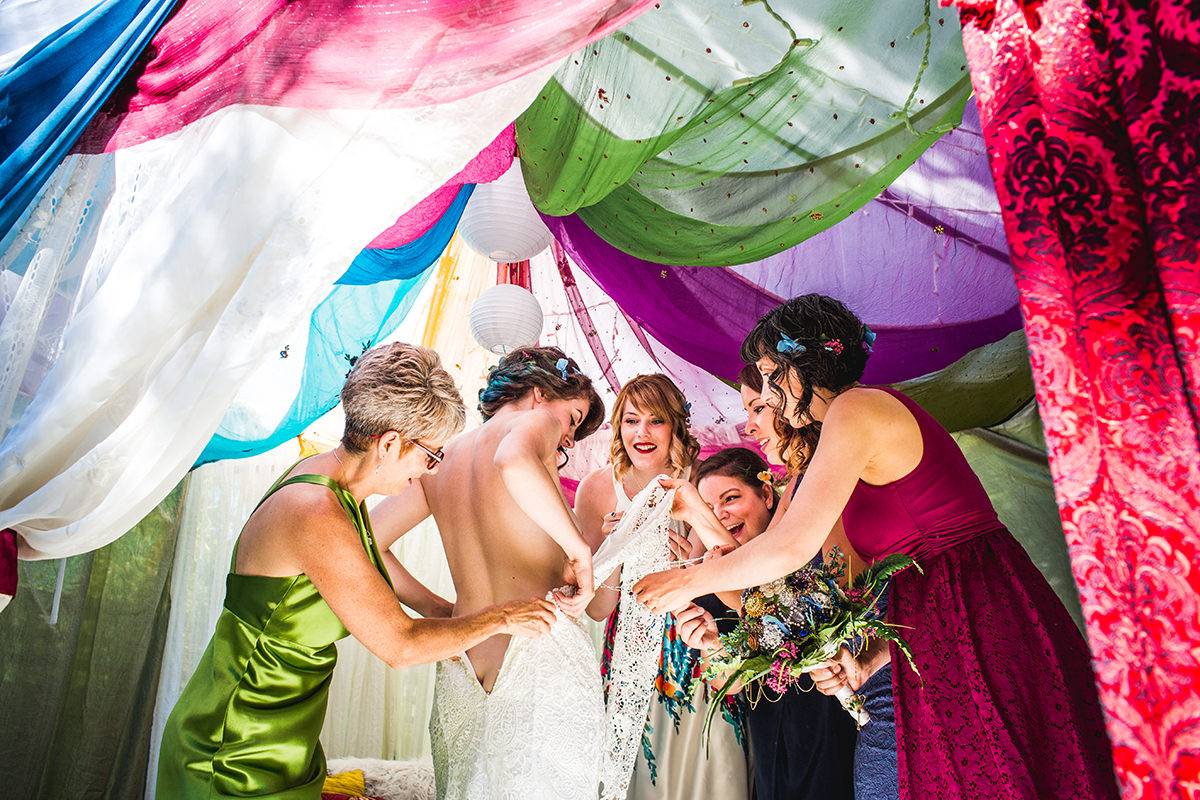
Wedding Vendors, Photography, and Client Privacy
First off, this post probably won’t make me very popular with other wedding vendors.
I’m okay with that. I never went into this industry to make friends or gain likes. I went into wedding photography because I love to tell stories about what it means to be human and to love. Telling those stories visually is the basis of my work. So I’m going to talk about wedding vendors, photography and client privacy. I also want to talk about the commercialization of the wedding industry. These are not necessarily easy subjects to navigate, so please bear with me.
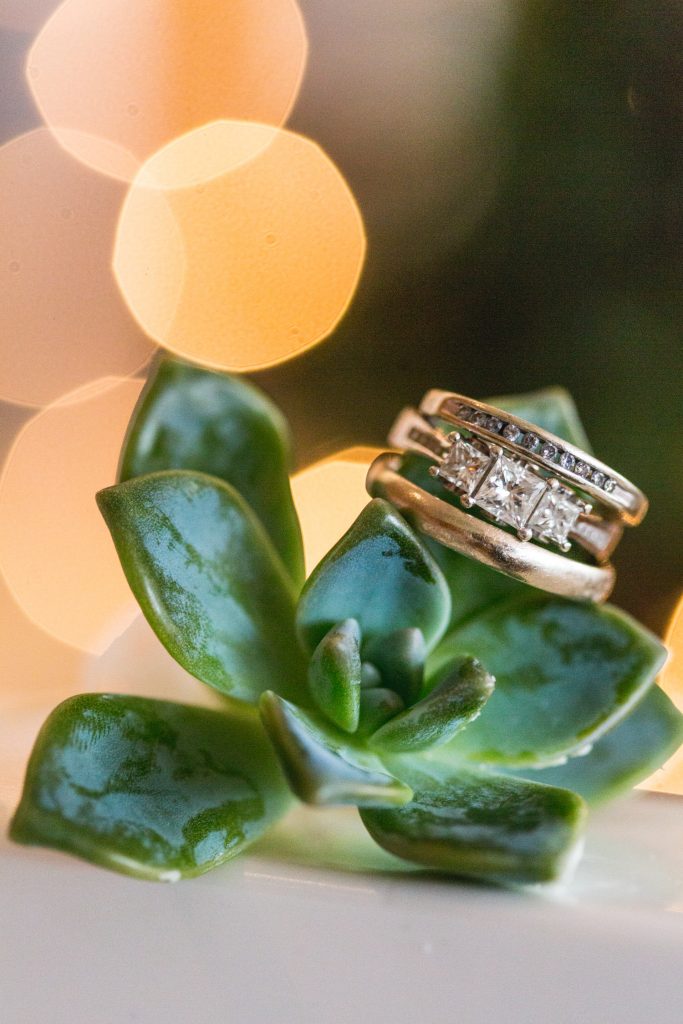
I’ll start with a quick story:
Years back when we first started, a couple who had booked with us was really excited about our work. The bride loved the way we shot details and was excited to see the details of the day. She went on, and on about how she wanted lots of details. What we didn’t know was that she used our work as a negotiation tool with her other vendors saying they would have unlimited commercial access to all of the images from the wedding to use however they wanted.
Now, in our contracts we expressly state that our work is for the personal use of our clients ONLY. This means they cannot sell or give the images to vendors, use them for negotiation, or for profit. We also expressly state that the images cannot be used commercially at all for advertisements, publication, or profit without our express written permission. The clients however, signed the contract, ignored this and made promises to their vendors that they could have all the images, telling them they hired a great photographer, in order to get a discount on their services.
Fast forward a few months after the wedding we start getting emails from vendors from this wedding. They’d apparently given discounts to this couple, hadn’t received their images and they were not happy. It put us in a really awkward place of having to explain that this was against our policy. We CC’d the couple in our emails.
Surprise! A few months later our images are on the vendor’s websites and in their brochures anyways – the couple has given the vendors access to their gallery and download passwords.
The story gets better…
There were some intimate photographs of the bride getting dressed in the morning. She had requested a quick bridal boudoir session in her bridal lingerie. Granted these images are beautiful, intimate, artistic and visually stunning, a vendor decided to take these intimate images of the bride which had nothing to do with the services they provided for the day.
They blogged them.
An ex-friend who had a beef with the bride got a hold of the images on the vendor’s blog. They downloaded them, and then the images were posted in a forum where the bride was sexually shamed. I didn’t actually find these images until I did a reverse search of my images months later, at which time I had to contact the bride and let her know what was happening. As a result she had to go and file a cease and desist and a harassment charge against this ex-friend who posted these images in the forum.
It was a nightmare that caused me a lot of anxiety and stress. Honestly, it’s not a situation I ever want to find myself in again.
“It is not the responsibility of paying clients to provide their vendors with commercial work of their services at a wedding.”
You don’t owe the vendors you hire.
I have heard stories from couples about vendors who repeatedly asked for images from their wedding. When the couple failed to respond because they didn’t know how to say no, they discovered the vendors had posted intimate images of the couple without asking permission from the couple or the photographer, by pulling them off of the photographers site. Some have even gone as far as publishing those images on blogs or magazines with large reaches, without permission from the photographer or couple.
I’ve heard of vendors showing up with their own photography team at a wedding to have them take pictures of their decor setups, or floral designs. They have gotten in the way of photographers and videographers who are trying to work.
I’ve seen a vendor fall off a chair, and cause some serious commotion trying to get photos of their centerpieces at a wedding (thankfully they didn’t get hurt). I once had a wedding planner block the bride coming down the aisle so she could get a cell phone pic for her own social media account.
This obsession about sharing work on social media seems to be taking priority over couple’s privacy, and the overall function of an event.
Enough is enough. This type of behavior isn’t okay. It needs to stop NOW.
It is not the responsibility of paying clients to provide their vendors with commercial work of their services at a wedding.
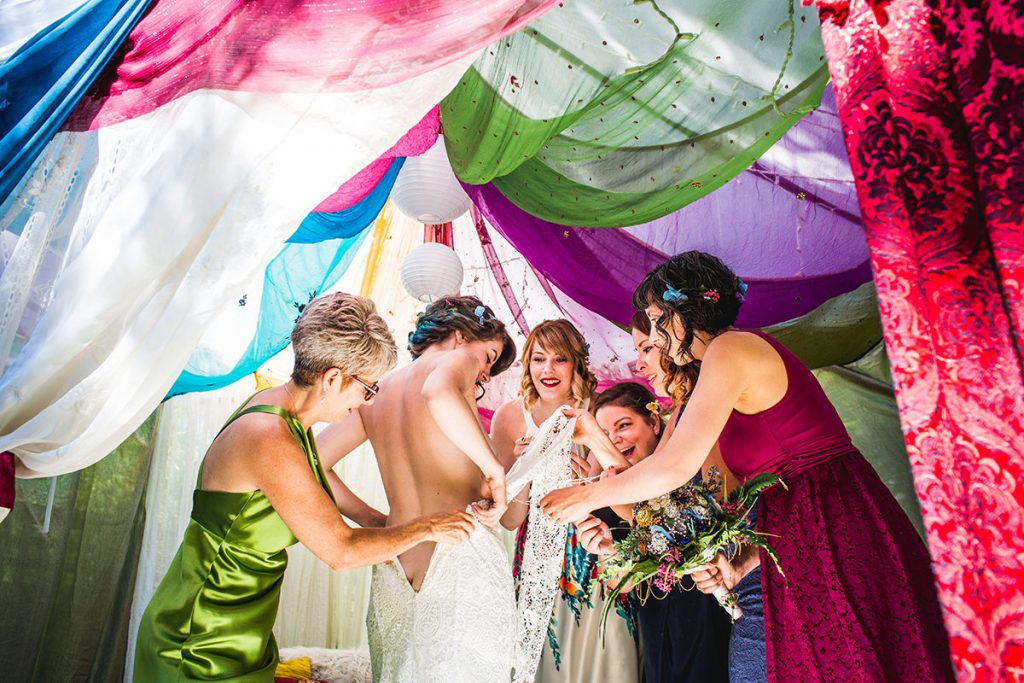
Let’s talk about vendors and photography:
So, how should wedding vendors such as florists, makeup/hair artists, musicians and DJs, decor companies and venues get stunning images of weddings to display on their website to entice couples to invest in their work?
Simple: HIRE A COMMERCIAL PHOTOGRAPHER
A commercial photographer does exactly this type of work. They work with small and large businesses to create images of their work that tie in with their brand and marketing.
But if that doesn’t work for your vendors, they can ask to collaborate with colleagues who they have built relationship with, or ask for referrals. Ultimately – it’s not the responsibility of a couple to provide wedding vendors with images to use commercially.
When vendors take the work of wedding photographers to do their advertising, essentially they take work away from commercial photographers who would have otherwise been hired.
If the budget doesn’t exist for a vendor to hire a photographer and pay them – they need to work on making stronger connections with people in the industry. There are many friends in the industry who I have shot for, for cheap or free, or in exchange of services, they have invested their time in me, and I do the same for them. That said, I work with literally HUNDREDS and HUNDREDS of vendors. I simply cannot go around shooting weddings trying to capture perfect commercial work for all of them while simultaneously trying to be present to capture a love story as it unfolds.
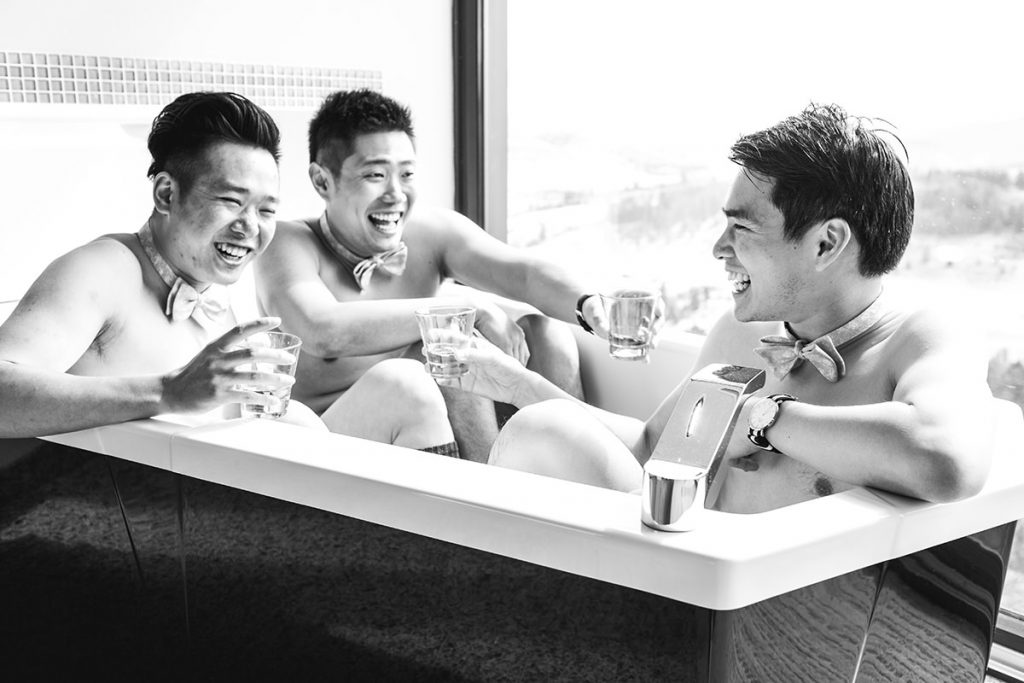
Commercialization and wedding photography:
I’ve said it before, and I’ll say it again. I work for my clients. I’m hired to tell my client’s story. I am not there to shoot commercial work for vendors that have not paid for my time. It is not the responsibility of paying clients to provide their vendors with commercial work of their services at a wedding.
First, the licensing between personal use and commercial use are wildly different. Using images for personal use (ie; sharing with friends and family) generally is a cheaper license, granted to portrait and wedding clients. Commercial licensing is often much more complex and requires more legal documentation. Commercial licenses may allow a client to interpret an image however they choose (ie; edit the image or crop it, or link it to something unrelated, overlay it with text). Commercial licensing also defines how a business may profit from an image (can it be used on packaging, as a logo, in TV ads, on Billboards etc)
Either way this really isn’t stuff that couples should even have to worry or think about.
Beyond above all of this – a couple’s wedding pictures are for THEM.
So often we are invited into intimate, sacred spaces to document emotional moments. These moments have included individuals saying goodbye to terminally ill parents; moments with their children; being religiously wed before God; in a state of mourning over a lost loved one; a heated, sexy moment between lovers; couples inebriated and having the time of their lives, in a state of full or partial nudity. Our job is not to judge people, but rather to capture these moments in their lives without bias. We believe in telling stories with honesty and with conviction.
There are times when even I do not use an emotional image on my own blog or website, or sometimes when I do not blog a wedding at all, simply out of respect for a client’s privacy. Context matters, especially when it comes to the commercial use of wedding images.
So often we see vendors take advantage of these intimate moments, in hopes of sparking emotion in a future bride or groom, in order to make a profit, and honestly, I think that’s a shame.
When we show these moments on our blog it’s to showcase our ability to be present with a couple and document a day in a meaningful and impactful way. We need to be able to showcase that in order to show that we can be trusted with those fleeting, sacred moments.
When a florist or ring designer uses images of a bride crying over her late father with no flowers or ring present in the image, it is using the image to stir emotions in a future bride for profit. They may feel compelled by the image, sure, but using it commercially means using it for profit, and that simply doesn’t sit well with me, because it shows a lack of compassion, and a lack of respect of privacy.
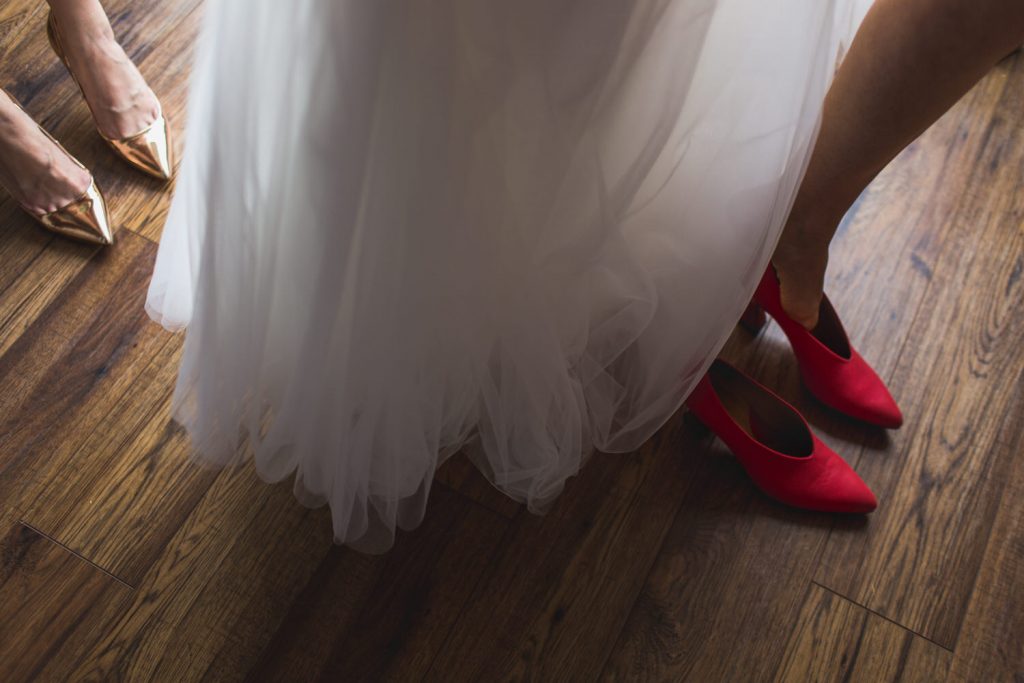
Sometimes vendors who were not associated with the wedding at all will use our work to promote themselves for profit.
Recently images from an lesbian wedding we photographed we’re taken and used by an unrelated wedding planner in the UK without permission to promote the fact that they were now doing LGBTQ+ weddings. I was livid to discover that our clients who had experienced marginalization and denial of services over their orientation were now being used by a cis-het woman who simply wanted to make a profit off the LGBTQ+ community during pride week.
These images were taken off of the Instagram page of a vendor who had worked on their wedding, and we were only able to find them because we had been tagged. I dread the thought that our images are floating around out there without permission being used like this, which is why it is so important for us to communicate directly with the vendors we work with about licensing and usage.
In another instance a bride we worked with, who had expressed experiencing discrimination over her weight and body size was featured in an article titled “23 Beautiful Curvy Brides Who Are Slaying This Whole Wedding Thing” on Buzzfeed. Now she was comfortable being featured, so I left it, but it always bothered me that they featured her without asking.
I never make the assumption my clients want to be described as curvy, or featured in plus sized articles. Sometimes people just wanna be seen as people, not fat/curvy/plus sized people. It would have been totally different if the article was titled “23 Beautiful Brides Who Are Slaying This Whole Wedding Thing” but honestly the size of their bodies is what was being used as click bait and I have some pretty mixed feelings about that.
While I think representation is important, I do not like tokenism one bit, and I have some pretty strong opinions about articles like this for a lot of different reasons I wont get into in depth (but you can read more in this article I was interviewed on Catalyst Wed Co.: https://www.catalystwedco.com/blog/2018/2/8/people-are-not-props-how-to-avoid-tokenism-in-your-portfolio)
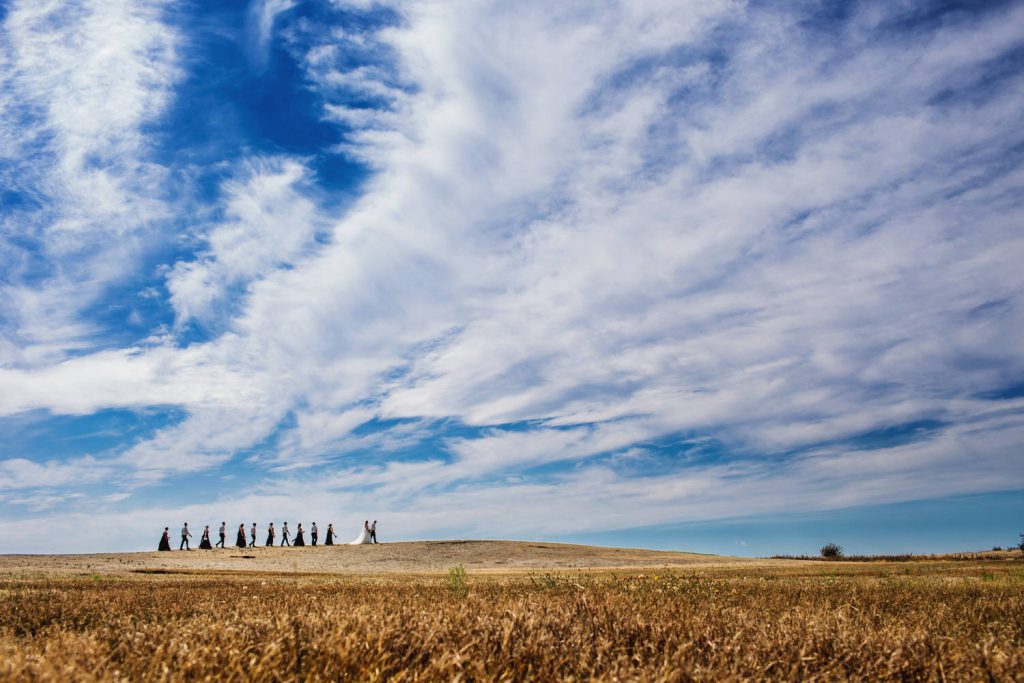
In summary… (aka TL;DR)
- You are not obligated to give your vendors access to your intimate wedding photographs.
- Vendors can always hire commercial photographers or build relationships with photographers in order to create a portfolio that aligns with their brand.
- Vendors require written permission to use your wedding images to make a profit – and you need to clear this with your photographer before giving images to your vendors
- You always have a right to ask a blog, Instagram page, or vendor to take images of you down. This includes your photographer. Your privacy matters, your wedding is more than a means for profit for other businesses.
- Giving images to your vendors without first establishing boundaries may come at the cost of your privacy. Make sure those boundaries have been expressed in writing.
- Do not use your photographer’s images to negotiate pricing with other vendors. In Canada, the copyright remains with the photographer who took the images, unless otherwise stipulated. Not only is it illegal – you will give your photographer an anxiety attack, and it may come back to bite you in the butt later.

